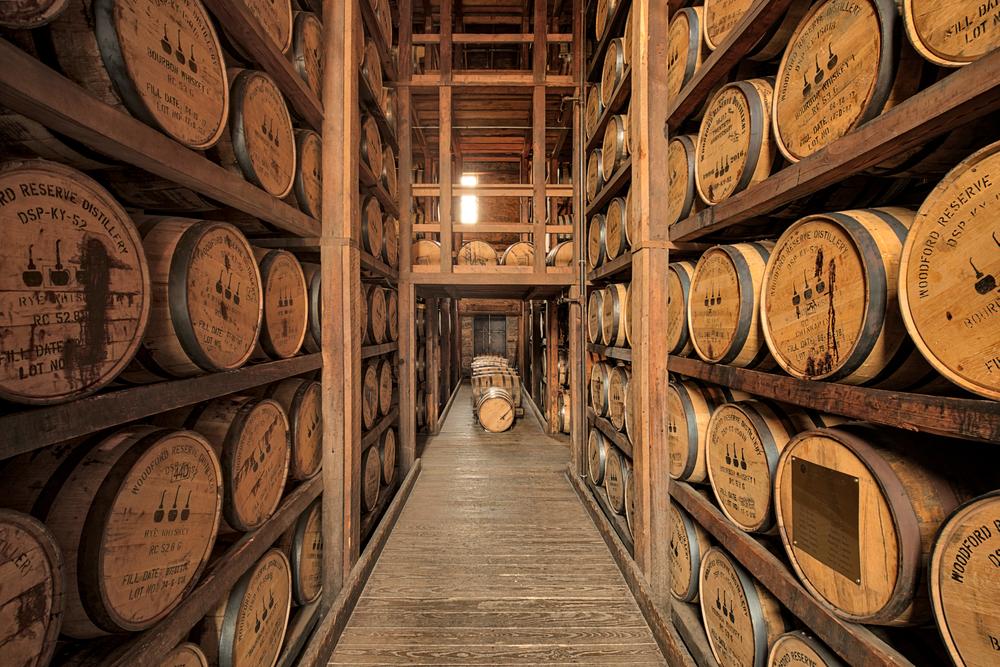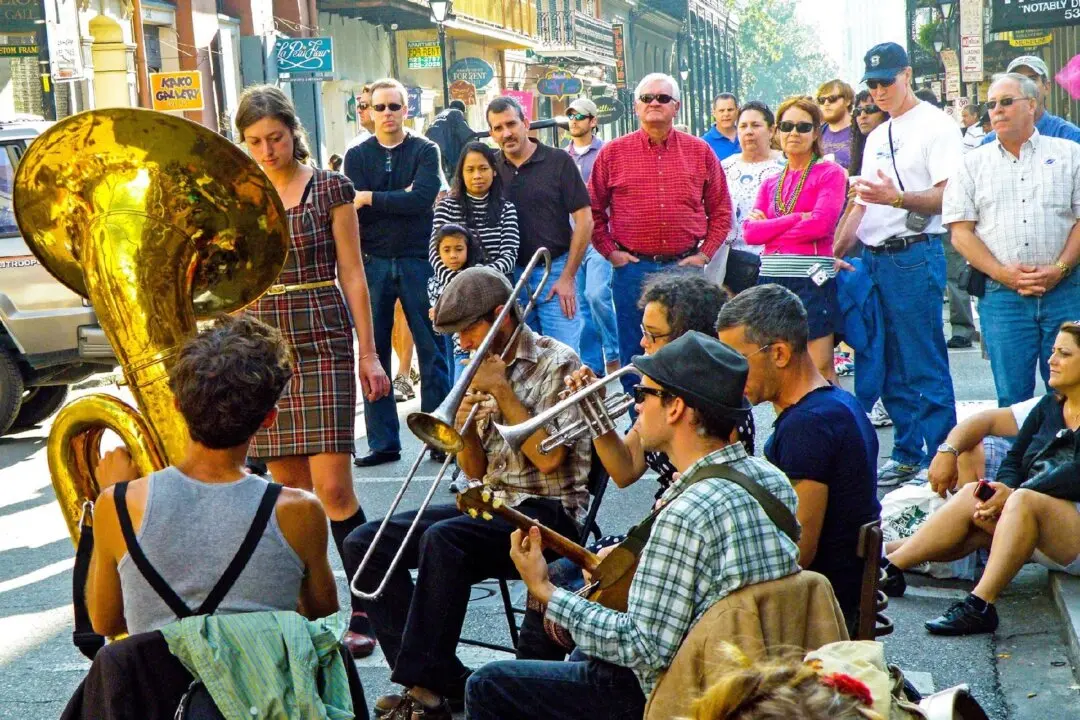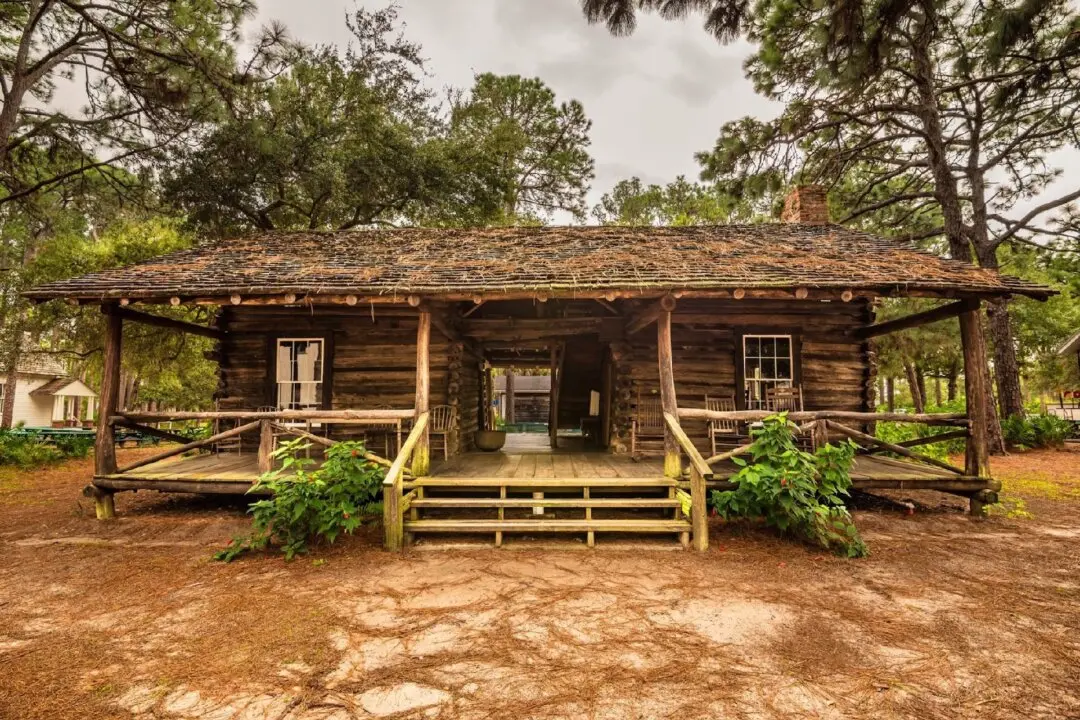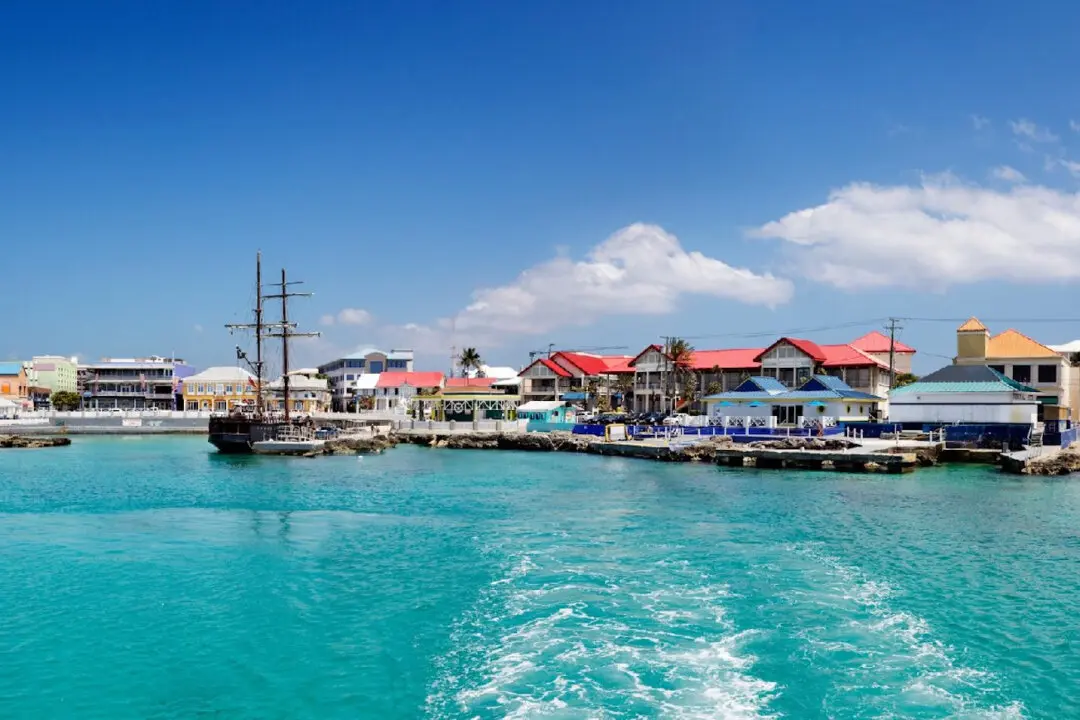Some people traipse through lovely landscapes as others explore history from the days of Native Americans to the present. Avid birders use binoculars to spot colorful feathered friends in flight while canoers and kayakers dip paddles into the water. At the end of the day, many of these visitors to Panama City, Florida, belly up to an oyster bar to enjoy freshly shucked bivalves that have been prepared in a variety of ways.
These seemingly disparate activities and attractions have one thing in common: They’re all taking place along designated trails that focus upon a single thing to do, see or eat.
Countless trails around the country are available to people with a particular interest. From food to fashion, covered bridges to Kentucky bourbon, they offer something for everyone’s interests. No matter how esoteric the passion, a walking, driving, biking, paddling, or other, a trail somewhere focuses on it.





